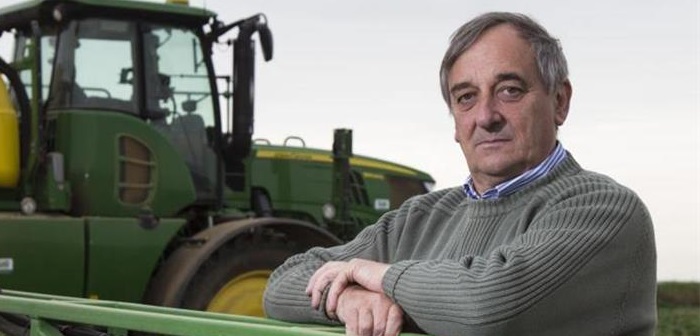The focus of a future domestic farming policy will depend on the outcome of any trade deals the UK secures for its post-Brexit future, according to the NFU.
NFU has published the first of a series of reports setting out its Vision for the Future of Farming. The paper covers the key issues that will impact on British farming and that it believes must be addressed now the Government has triggered Article 50.
The report highlights three ‘cornerstones’ of what the NFU believes should underpin a domestic farm policy.
- Productivity measures and business resilience
- Volatility mitigation measures and management tools
- Environmental measures.
The vision outlines the approach the union wants the Government and industry to take to support UK agriculture once the UK has left the EU and is no longer governed by the Common Agricultural Policy.
NFU President Meurig Raymond said the focus of the policy will be dependent on the deal the Government achieves with Brexit.
He said: “If the Government secures a free trading arrangement with the EU, ensures UK farmers are not disadvantaged by future trade deals outside the EU, and ensures the industry’s labour needs are met, then we can consider an ambitious new policy – one that is designed specifically for our domestic farming sector, involving a wide range of measures which focus on productive, resilient, sustainable and profitable farm businesses.
“If we get a bad deal for farming, then measures to manage volatility – such as direct payments – will remain vital to help farm businesses compete in an uncertain world.”
“Once we are no longer subject to the CAP, the Government has given assurances that farmers will continue to be supported after 2020. We believe that farming should maintain current levels of public investment through this new policy framework, but recognise that in the future this may be delivered in different ways, directly or indirectly to farmers, for instance through fiscal incentives, environmental schemes or ensuring farmers benefit from cutting edge developments in R&D.
“We now need to shape a policy that promotes competitive, profitable and progressive farm businesses that can continue to produce adequate supplies of British food that the public enjoys and trusts.”




